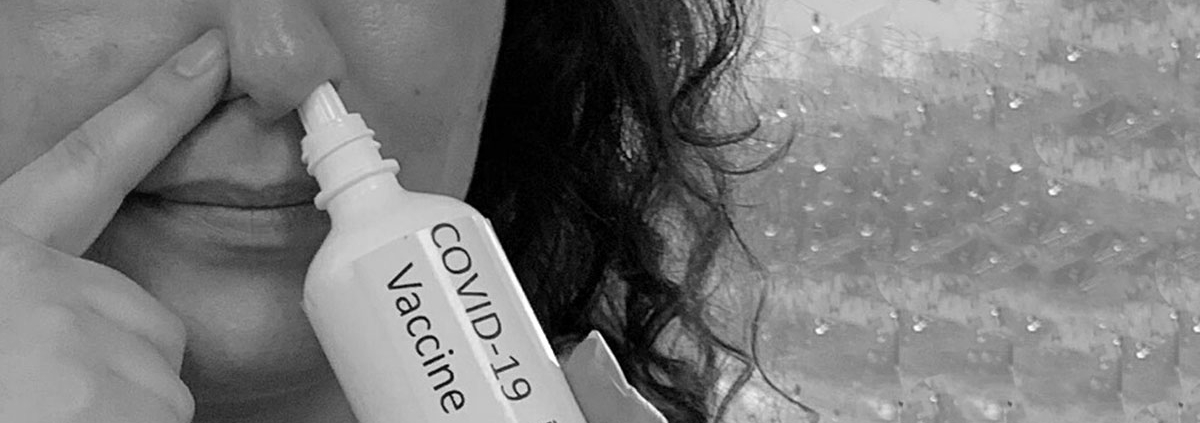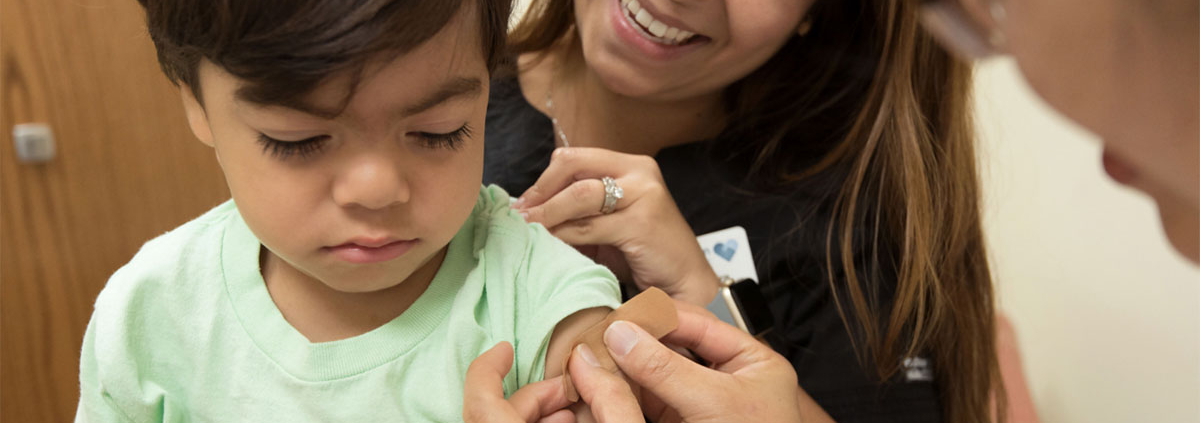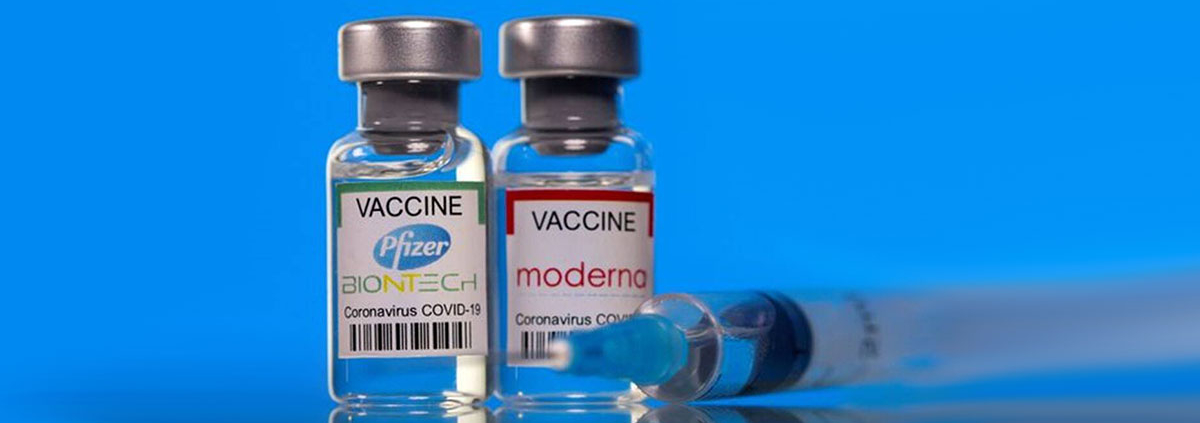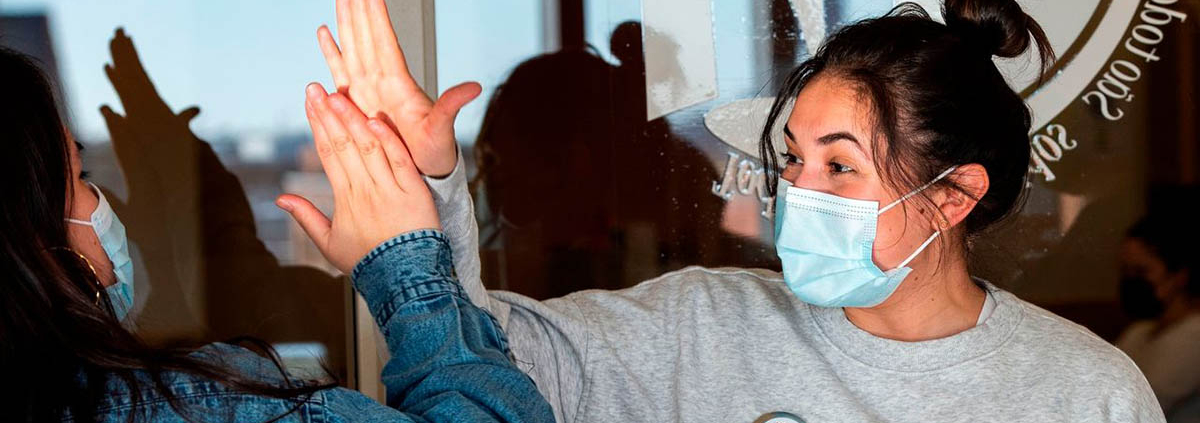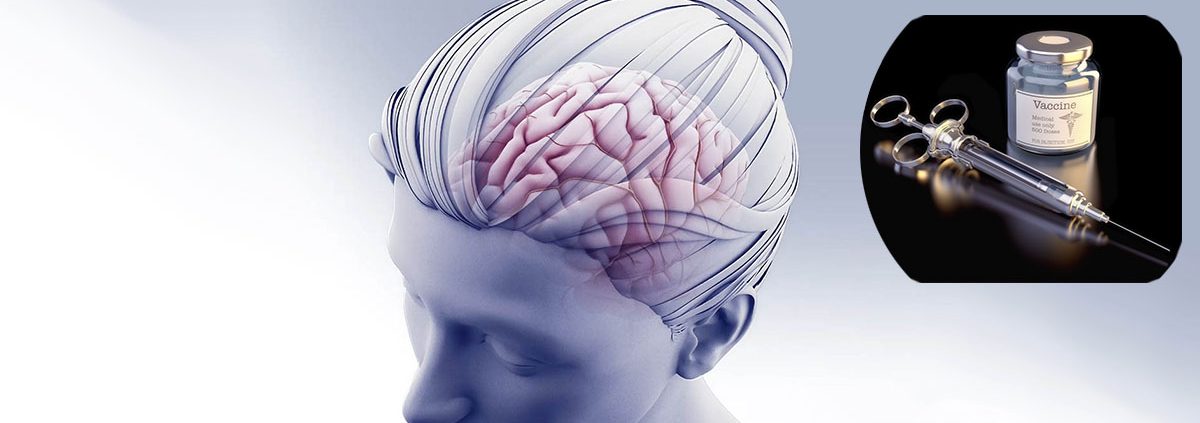IN THROUGH THE NOSE…
Breathe in, breathe out. That’s how easy it is for SARS-CoV-2, the virus that causes COVID-19, to enter your nose. And though remarkable progress has been made in developing intramuscular vaccines against SARS-CoV- 2, such as the readily available Pfizer, Moderna and Johnson & Johnson vaccines, nothing yet – like a nasal vaccine – has been approved to provide mucosal immunity in the nose, the first barrier against the virus before it travels down to the lungs. But now, we’re one step closer.
Navin Varadarajan, M.D. Anderson Professor of Chemical and Biomolecular Engineering at the Cullen College of Engineering, and his colleagues are reporting in iScience the development of an intranasal subunit vaccine that provides durable local immunity against inhaled pathogens.
Release date: 15 September 2021
Source: University of Houston

